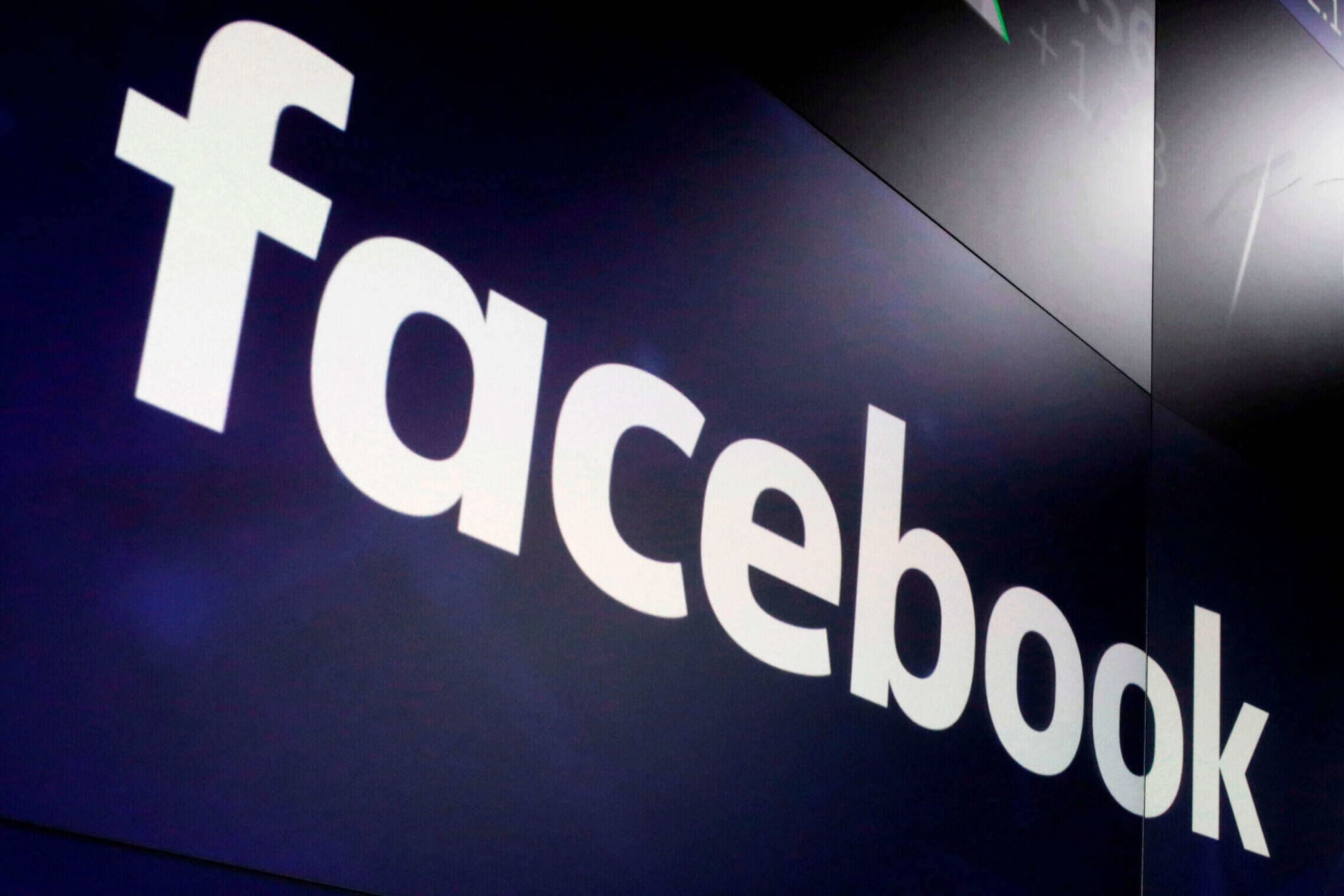According to the Washington Post, during their visit to Europe in 2019 prior to the European Parliament elections, members of Facebook’s management prepared an internal report on the social media platform’s influence. The document’s authors paid particular attention to what they heard from sources in Poland, and especially from politicians of the largest political parties.
“The Facebook team reported back specific concerns from Poland, where political parties had described a ‘social civil war’ online,” the Washington Post reported.
“Poland’s two largest parties — Law and Justice (PiS) and the Civic Platform (PO) — accused social media of deepening the political polarization in the country and emphasized that the situation was ‘unsustainable’”.
According to the US paper, the situation was the result of changes in Facebook’s internal algorithm. Facebook CEO Mark Zuckerberg declared that the changes were meant to lead to more “meaningful” interactions online but instead led to politics changing for the worse online.
An independent analysis conducted by the Washington Post showed that after 2018, negative content was much more commonly shared on Facebook than before. Facebook’s internal report showed that one of the parties in Poland had focused more on negative messages in its social media activity after these changes.
The paper pointed out that the right-wing Confederation in particular could not complain about the changes to Facebook, even if its leader Janusz Korwin-Mikke had received a ban on the platform. A report cited by the Washington Post revealed that the 14 accounts with the most popular Facebook posts belonged to the Confederation.
“I think we are good with emotional messages,” the head of the party’s social media team Tomasz Grabarczyk said, although he also defined the new system on Facebook as a “hate algorithm.” He admitted that his party walked the line of what is permitted on the platform.
Facebook spokeswoman Dani Lever told the Washington Post that the company was constantly working on identifying content which broke the rules and banning accounts which posted such content, including those belonging to Confederation members. Lever also rejected the notion that Facebook was responsible for growing polarization, as she claimed that was not the case in every country in which the platform was popular.
Nevertheless, according to the internal documents revealed to media by former Facebook employee Frances Haugen, it turns out that Facebook was aware of the effects it had on political discourse in Poland and many other countries.





